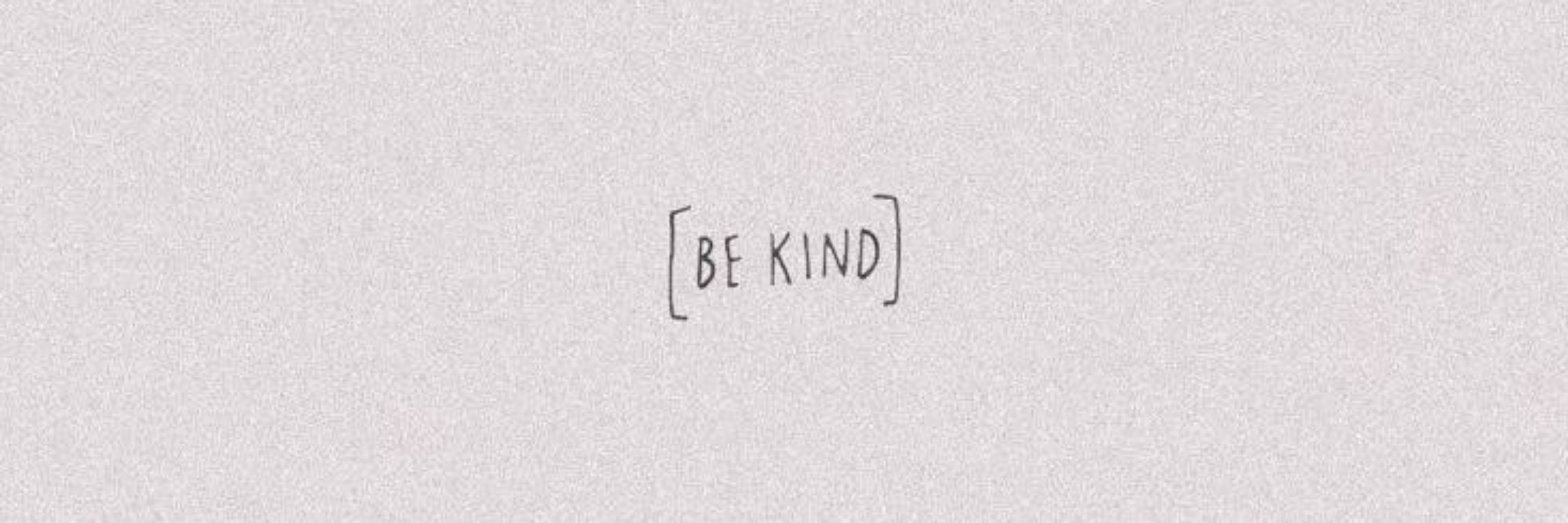
Omid Ghasemi
@omidghasemi.bsky.social
Postdoctoral research fellow at Institute for Climate Risk & Response, UNSW | Interested in Climate change, Judgment, Decision-making, Open Science, and rstat
Thanks Eric. I found them but this is the worst update ever. I cannot find them on the file tab but first I should go to a component and then the file tab.


February 27, 2025 at 11:23 PM
Thanks Eric. I found them but this is the worst update ever. I cannot find them on the file tab but first I should go to a component and then the file tab.
Yes. I can see the folders but not the files inside. So it is not just me.
February 26, 2025 at 7:58 AM
Yes. I can see the folders but not the files inside. So it is not just me.
Data & code: osf.io/xfrqj/

From Preference Shifts to Information Leaks: Examining Individuals’ Sensitivity to Information Leakage in the Framing Effect
In a series of 6 preregistered experiments (total N = 1211), we eliminated the informativeness of frames by reducing the perceived freedom of a speaker to choose a frame (the Choice Limitation manipul...
osf.io
February 17, 2025 at 11:37 PM
Data & code: osf.io/xfrqj/
The big takeaway: Framing effects aren’t just cognitive biases; they can be rational responses to hidden social cues. People use framing as implicit communication, but they are selectively rational about when to rely on it.
February 17, 2025 at 11:37 PM
The big takeaway: Framing effects aren’t just cognitive biases; they can be rational responses to hidden social cues. People use framing as implicit communication, but they are selectively rational about when to rely on it.
However, when a speaker has a motive—like competing against the listener—the framing effect disappears. This suggests that people infer the credibility of the source, not just the words used. Trust matters!
February 17, 2025 at 11:37 PM
However, when a speaker has a motive—like competing against the listener—the framing effect disappears. This suggests that people infer the credibility of the source, not just the words used. Trust matters!
Across six preregistered experiments, we found that when framing choice doesn't signal speaker intent, people don’t always show the framing effect. If a frame is chosen randomly (e.g., by a coin toss), people sometimes ignore it. But not always—suggesting "leaky" information use.
February 17, 2025 at 11:37 PM
Across six preregistered experiments, we found that when framing choice doesn't signal speaker intent, people don’t always show the framing effect. If a frame is chosen randomly (e.g., by a coin toss), people sometimes ignore it. But not always—suggesting "leaky" information use.
The framing effect is a robust phenomenon: people make different choices when options are framed as "90% chance of winning" vs. "10% chance of losing." But why? We tested the Information Leakage account, which suggests that framing isn’t irrational—it conveys useful social info.
February 17, 2025 at 11:37 PM
The framing effect is a robust phenomenon: people make different choices when options are framed as "90% chance of winning" vs. "10% chance of losing." But why? We tested the Information Leakage account, which suggests that framing isn’t irrational—it conveys useful social info.
I have seen so many ads these days and all of which were asking for a letter at the time of application. This is so annoying for both the reference and the applicant. Fortunately I did not have to apply for them and might not do so in the future for such jobs unless I am extremely desperate.
December 15, 2024 at 7:03 AM
I have seen so many ads these days and all of which were asking for a letter at the time of application. This is so annoying for both the reference and the applicant. Fortunately I did not have to apply for them and might not do so in the future for such jobs unless I am extremely desperate.
Reposted by Omid Ghasemi
Big shout out to @cathleenogrady.bsky.social & her editors at Science Magazine for reporting on our research and other related new research on trust in scientists today today. www.science.org/content/arti... @colognaviktoria.bsky.social @nielsmede.bsky.social @naomioreskes.bsky.social

People all over trust climate researchers less than scientists in general
Large international study finds “trust gap” in 43 out of 68 countries
www.science.org
November 27, 2024 at 1:26 PM
Big shout out to @cathleenogrady.bsky.social & her editors at Science Magazine for reporting on our research and other related new research on trust in scientists today today. www.science.org/content/arti... @colognaviktoria.bsky.social @nielsmede.bsky.social @naomioreskes.bsky.social

